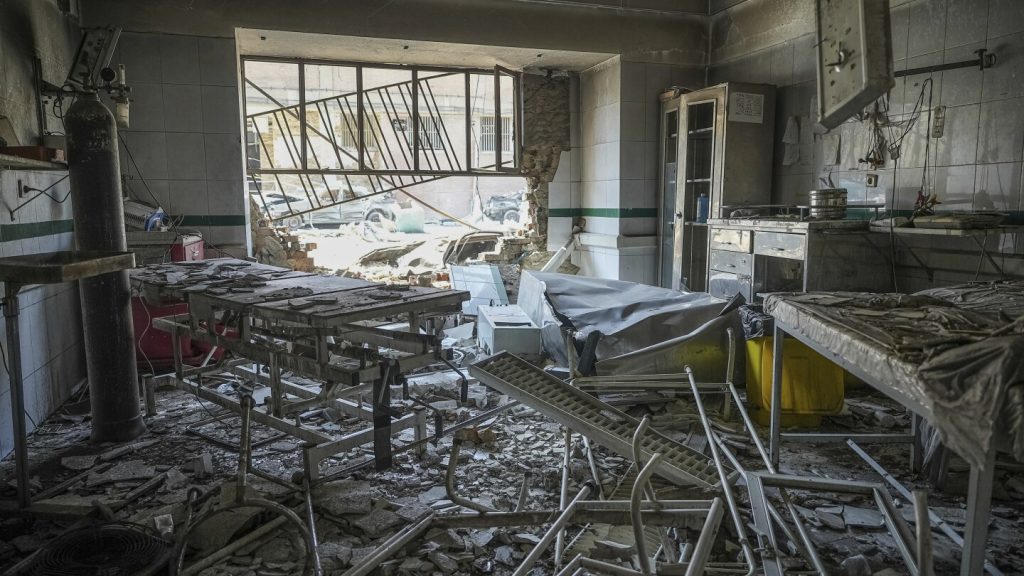Casualties from the Evin Prison Attack
DUBAI, United Arab Emirates (AP) — Last week’s Israeli strike on Tehran’s infamous Evin prison resulted in numerous casualties, including many staff members, two inmates, and a bystander. This prison has been notorious for housing political prisoners and dissidents.
The Iranian judiciary released the death toll on Sunday, which was corroborated by human rights organizations. This announcement came as the ceasefire between Israel and Iran approaches its one-week mark, amid mutual concerns about the durability of the agreement.
Details of the Attack
According to judiciary spokesperson Asghar Jahangir, at least 71 individuals were reported killed in the attack on Monday, encompassing staff, soldiers, inmates, and family members visiting the prison. Human Rights Activists in Iran indicated that among the dead were at least 35 staff members and two inmates, as well as a passerby and a woman who was visiting to discuss her imprisoned husband’s case.
The strike on June 23, the day prior to the ceasefire, hit several buildings within the prison, raising concerns regarding the safety of the inmates. Although Israel’s intention behind targeting the prison remains unclear, it coincided with statements from the Defense Ministry regarding attacks on “regime targets and government repression bodies in Tehran.”
Global Reactions and Retaliation
The news of the prison strike was soon overshadowed by an Iranian missile attack on a U.S. base in Qatar that day, which resulted in no casualties, along with the ceasefire announcement. The New York-based Center for Human Rights in Iran criticized Israel’s actions, arguing that attacking the prison violated the principle of distinguishing between civilian and military targets.
In the lead-up to the ceasefire declaration, Israel reported the deaths of approximately 30 Iranian commanders and 11 nuclear scientists over 12 days of strikes, along with targeting eight nuclear-related facilities and over 720 military sites. Civilian casualties exceeded 417, as reported by Human Rights Activists.
Concerns Over the Ceasefire
While both nations have been complying with the ceasefire, Iranian officials expressed doubts about its sustainability. Iranian armed forces chief Abdolrahim Mousavi reassured that the country is prepared for a potential Israeli surprise attack. He emphasized that Iran did not initiate the conflict but would respond vigorously to any aggression.
Status of Iran’s Nuclear Program
The current state of Iran’s nuclear program remains unclear following the attack that initially sparked Israeli actions. U.S. President Donald Trump claimed that American strikes significantly damaged the program, although Iranian officials counter that this is an exaggeration. Rafael Grossi, head of the International Atomic Energy Agency, commented that while severe damage occurred, Iran retains its industrial and technological capacities, suggesting it could resume activities if it chooses to do so.
___
Associated Press writer Sarah El Deeb in Beirut contributed to this report.



